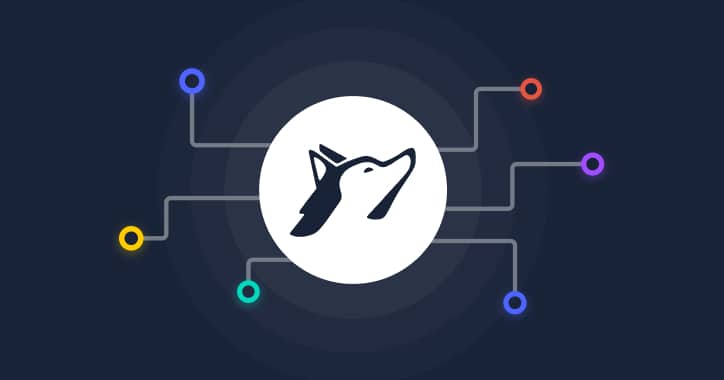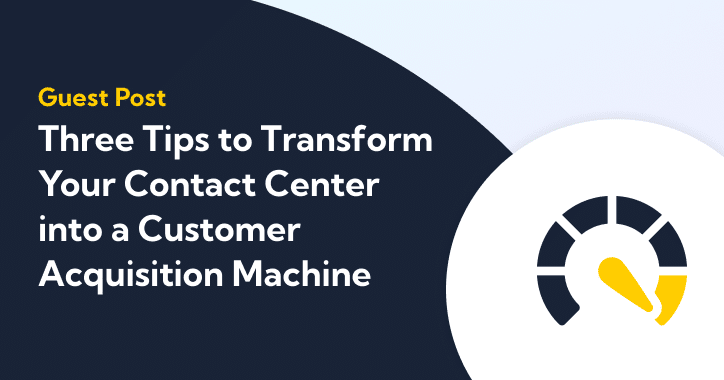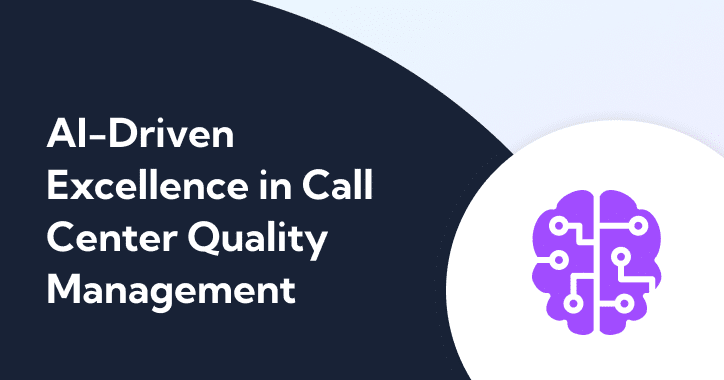The past two years have dramatically shifted what contact centers look like and how they are managed. There’s data to prove it:
- A recent survey from Balto’s Conversation Excellence Lab found just under half (44.7%) of contact center employees are working either remotely or in a hybrid environment.
- TTEC estimates that as contact centers move past pandemic measures, 27% of teams will continue to operate remotely.
- Deloitte’s 2021 Global Contact Center Survey found 32% of surveyed organizations were running contact center technologies in the cloud at the end of 2020. 75% expected to make the move within the next two years.
The verdict is in for contact centers: Remote work is here to stay. But while remote work has its upsides, a glaring problem has already emerged. Managers are physically farther from their agents than ever before and agents are farther from each other. The days of “over the shoulder” learning and coaching are quickly disappearing.
When agents are remote, managers can’t walk the floor and offer boots-on-the-ground support. No helpful hints in the middle of calls, no quick coaching after a call that went south. In theory, managers can still lead training sessions in a remote setting. But after the zoom window closes, managers can’t just listen in on agent calls to know if the training is being used. Instead, they have to wait for a call report to gauge an agent’s performance — well after the call is already over.
Challenges lead to innovation, and a variety of solutions have been proposed to remedy remote managing woes. eLearning and self-guided training offer support while embracing modern contact center needs.
eLearning refers to any type of online training program that uses digital tools to enhance its instructional design, such as interactive boards, online courses, etc. It’s not just a fluke of the Covid era either. The worldwide e-learning market is projected to be worth $325 Billion in 2025 and to increasingly moving to real-time.
What does that mean for contact centers? Where they used to rely on long, in-person meetings or on-the-call lessons for training, eLearning offers entirely new avenues for training new agents. Microlearning, Learning Management Systems, and AI tools all offer ways for managers to engage with new agents while tracking their progress and performance.
eLearning can also help new agents or managers become power users for any tech their team uses. For example, Balto recently partnered with WorkRamp to launch its own eLearning platform for Balto customers. It teaches users how to pick a metric to improve and make sure their content in Balto is supporting it. Users can work through materials at their own pace and immediately put what they’ve learned into practice.
Balto Academy is a natural extension of our Real-Time Coaching and Real-Time Quality Assurance solutions. Real-Time Coaching automatically alerts managers for coaching opportunities during calls, so they can jump in and provide support when agents need it most. Real-Time QA scores 100% of calls in real-time. All three tools help reduce the distance between managers and agents, whether they’re remote or in-person.
As more contact centers adopt remote work as the norm, eLearning and platforms like Balto Academy will help close the distance between leaders and agents. Combined with real-time tools from Balto, remote coaching concerns can be left in the past.






